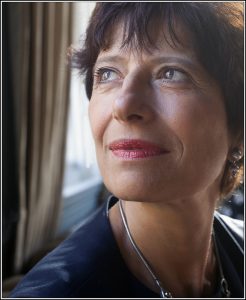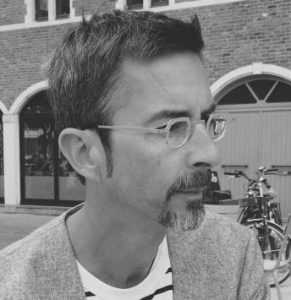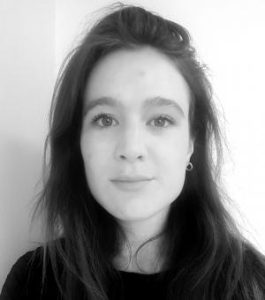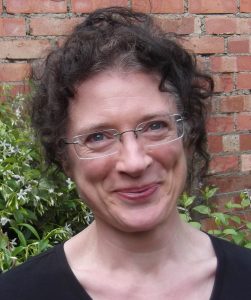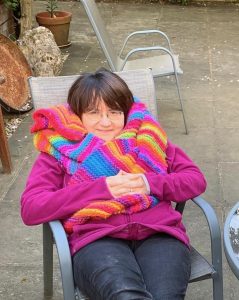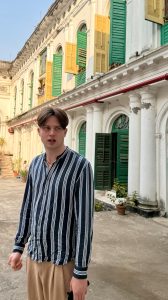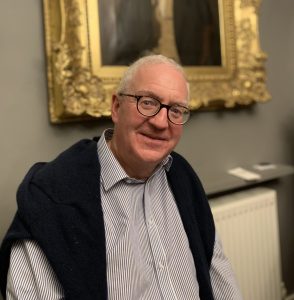About the Course
The English Language and Literature course at Oxford is one of the broadest in the country, giving you the chance to study writing in English from its origins in Anglo-Saxon England to the present.
The College has an excellent record of academic achievement in English and the Joint Schools with a tradition of fostering a love of literature and independent thought. Theatre trips, poetry readings, and English society events (detailed below) all contribute to a densely textured intellectual life at Jesus. Jesus College is located a two-minute walk from the Bodleian Library, an eight-minute walk from the English Faculty Library and itself offers excellent library and computer facilities.
All degree courses should help students to learn how to think, and the English course at Oxford is particularly well equipped to do so. Each student will study different texts, pursue personal interests, and shape his or her degree in exciting and challenging ways. The study of English starts from a love of literature and language, and branches out to encounter or encompass other subjects and fields of enquiry. English is a subject which lends itself to diverse approaches and theories of interpretation, from Aristotle’s Poetics to Derridean deconstruction.
Here at Jesus we encourage students to work in interdisciplinary ways, and to explore a range of approaches to literature, while never forgetting the centrality of the text. Studying English involves the development of analytical skills and the accumulation of a great deal of knowledge: you need to be able to read widely but also in close detail; to understand the sweep of historical change while also being able to meditate on the nuances of a single word.
The English course is extremely demanding, and you must be ready to work hard. Our students think in original and imaginative ways, and are willing to pursue ideas, themes, and approaches to texts independently. Much of our teaching is conducted in tutorials (one or two students with the Tutor) and small groups, and you must be prepared to discuss your ideas and reading with tutors and other students, and to respond spontaneously to criticism or new ideas introduced by them. You must be excited by the challenges of literary study, and dedicated to developing the skills of reading, writing, interpretation, and research.
In your first year you will be introduced to the conceptual and technical tools used in the study of language and literature, and to a wide range of different critical approaches. At the same time, you will be doing tutorial work on early medieval literature, Victorian literature and literature from 1910 to the present.
In your second and third years you will extend your study of English literary history in four more period papers ranging from late medieval literature to Romanticism. These papers are assessed by three-hour written examinations at the end of your third year. You will also produce a portfolio of three essays on Shakespeare, on topics of your choice; an extended essay (or occasionally an examination) relating to a special options paper, chosen from a list of around 25 courses; and an 8,000-word dissertation on a subject of your choice. Submitted work will constitute almost half of the final assessment for most students.
Alternatively, in the second and third years, you can choose to follow our specialist course in Medieval Literature and Language, with papers covering literature in English from 650-1550 along with the history of the English language up to 1800, with a further paper either on Shakespeare or on manuscript and print culture. Students on this course also take a special options paper and submit a dissertation on a topic of their choice.
Further information on the course structure and current options for papers can be viewed here.

